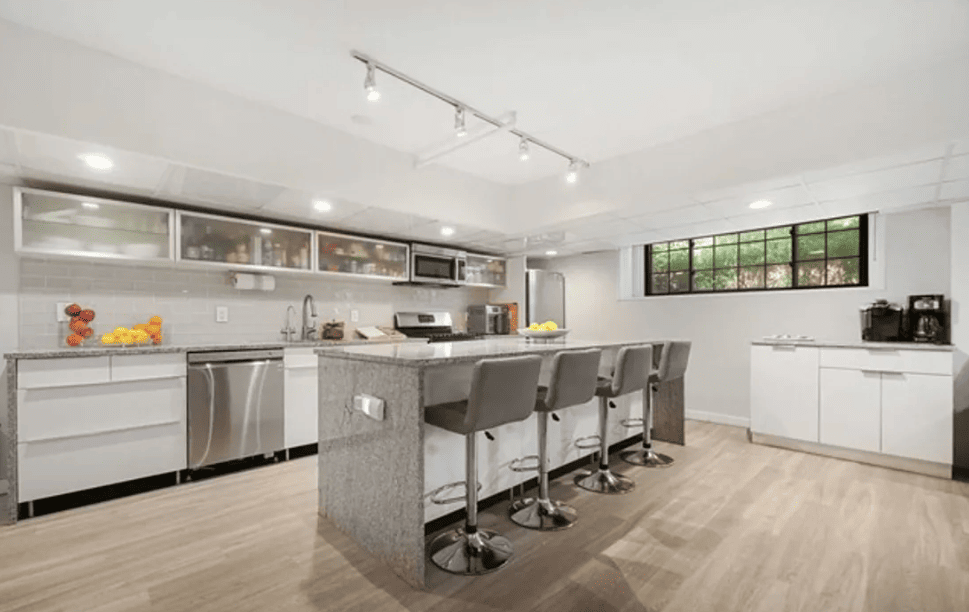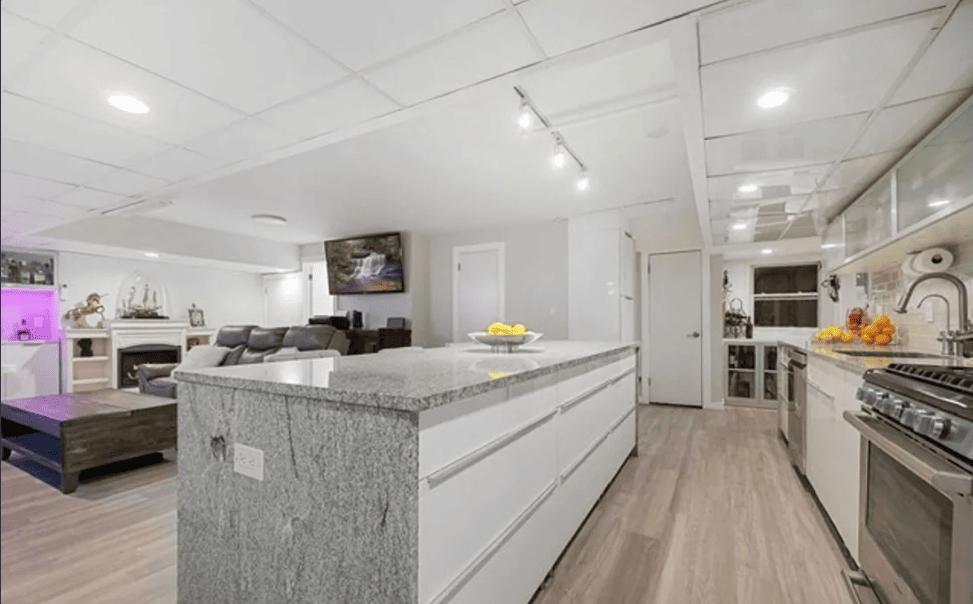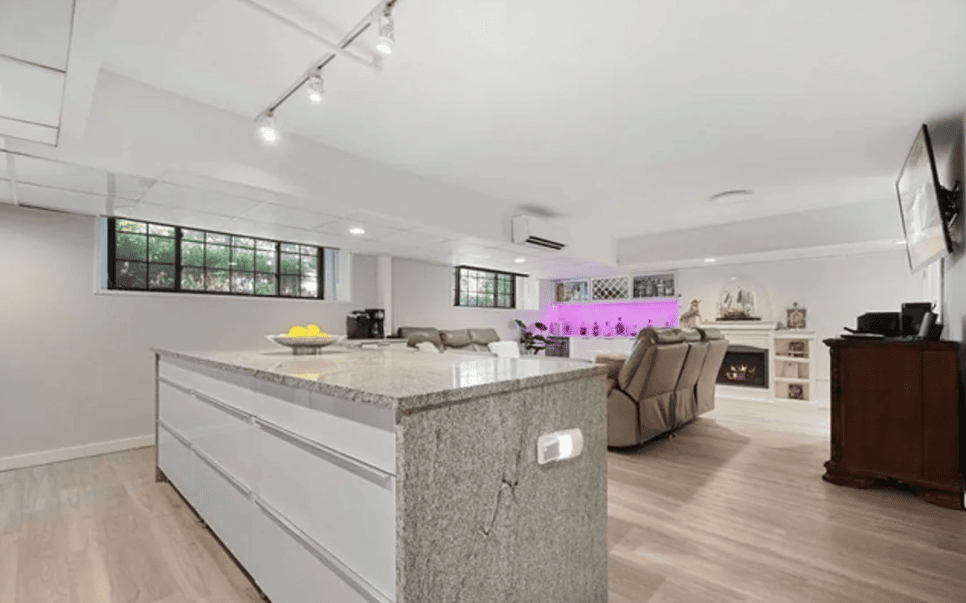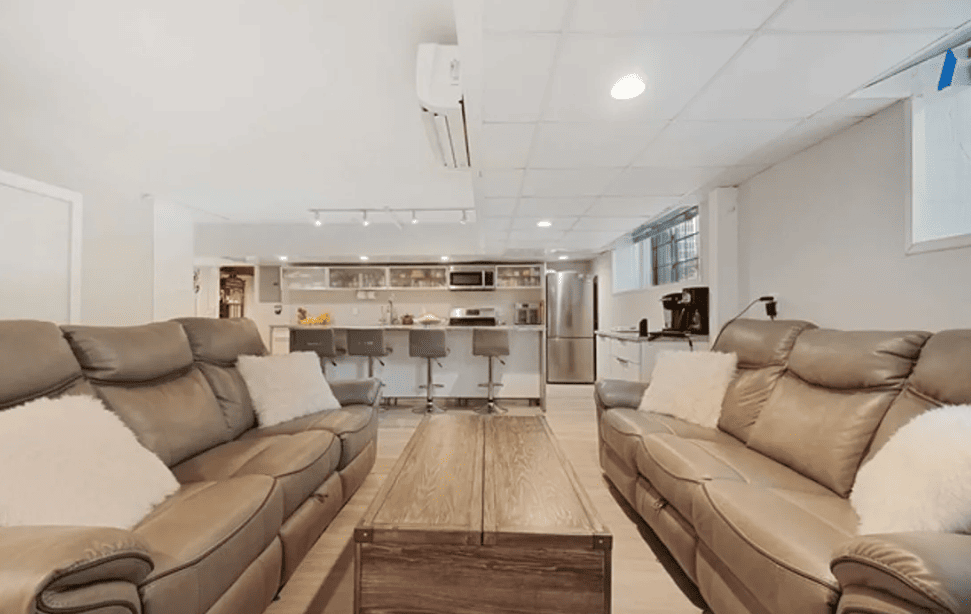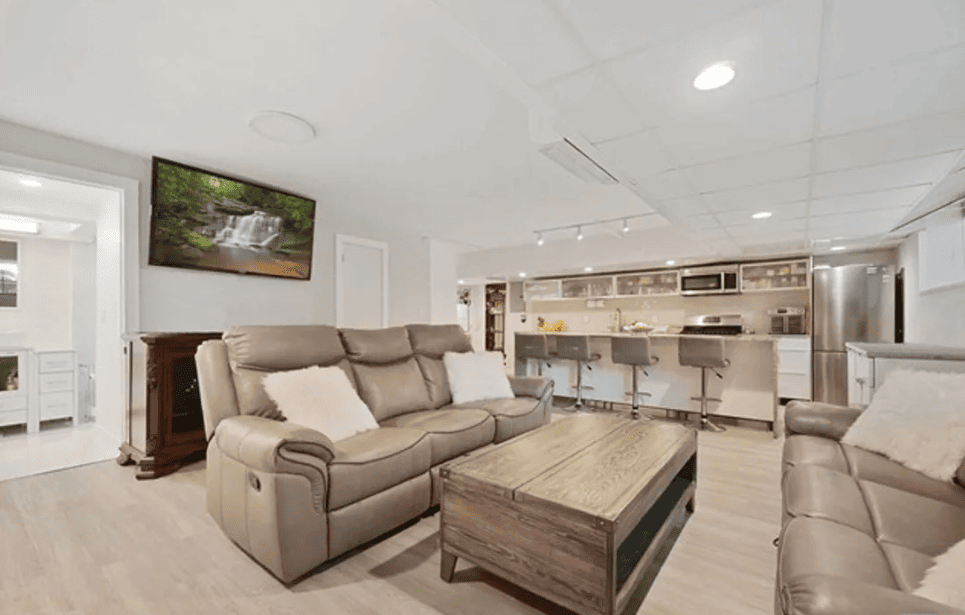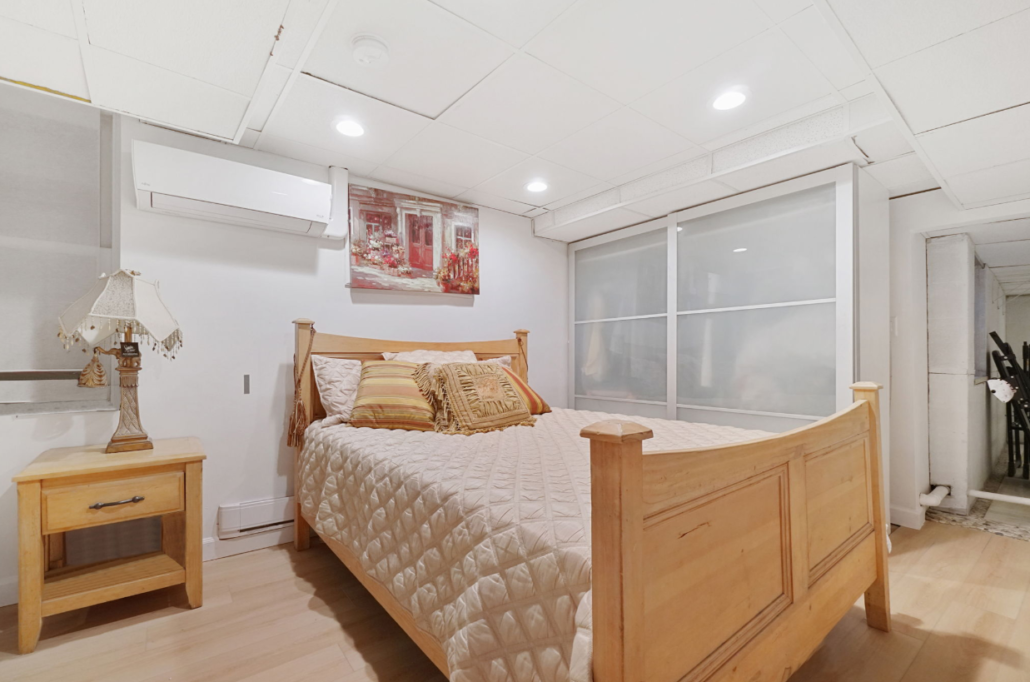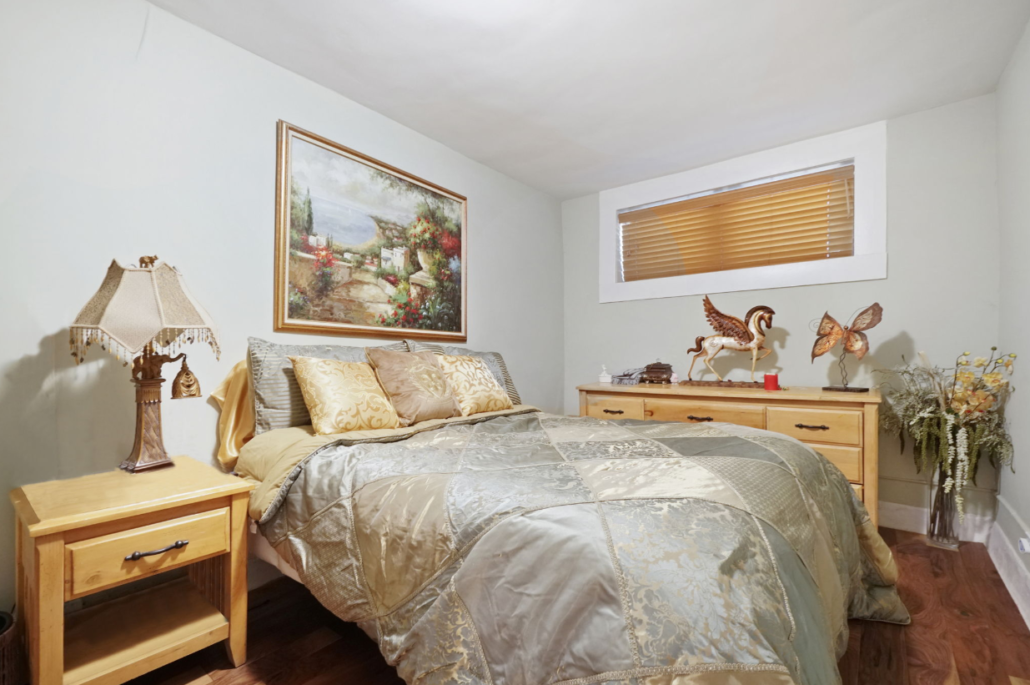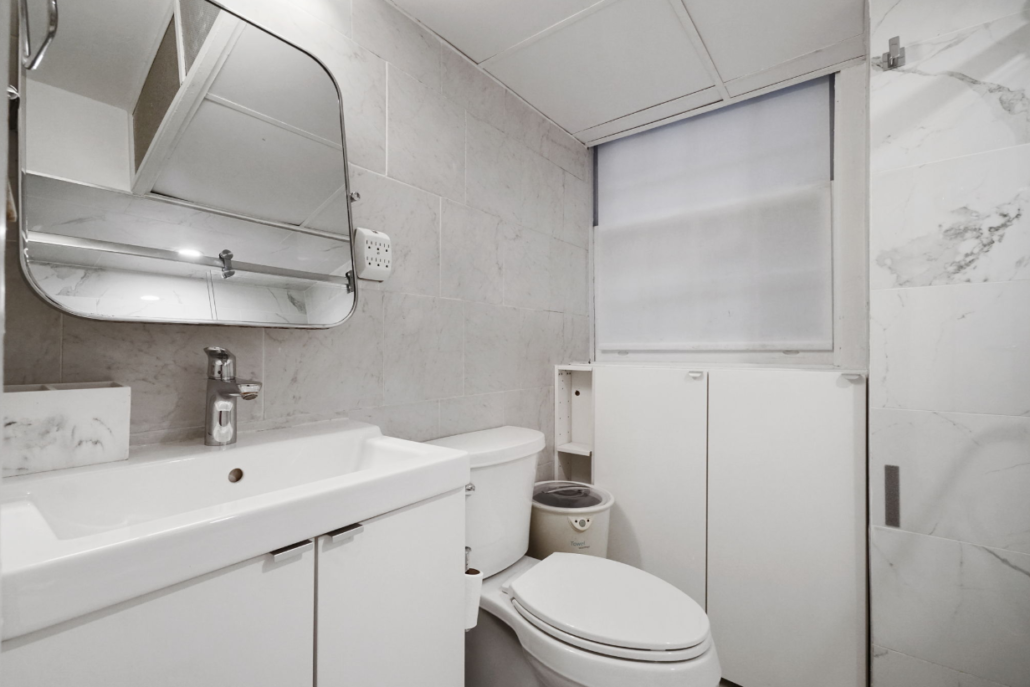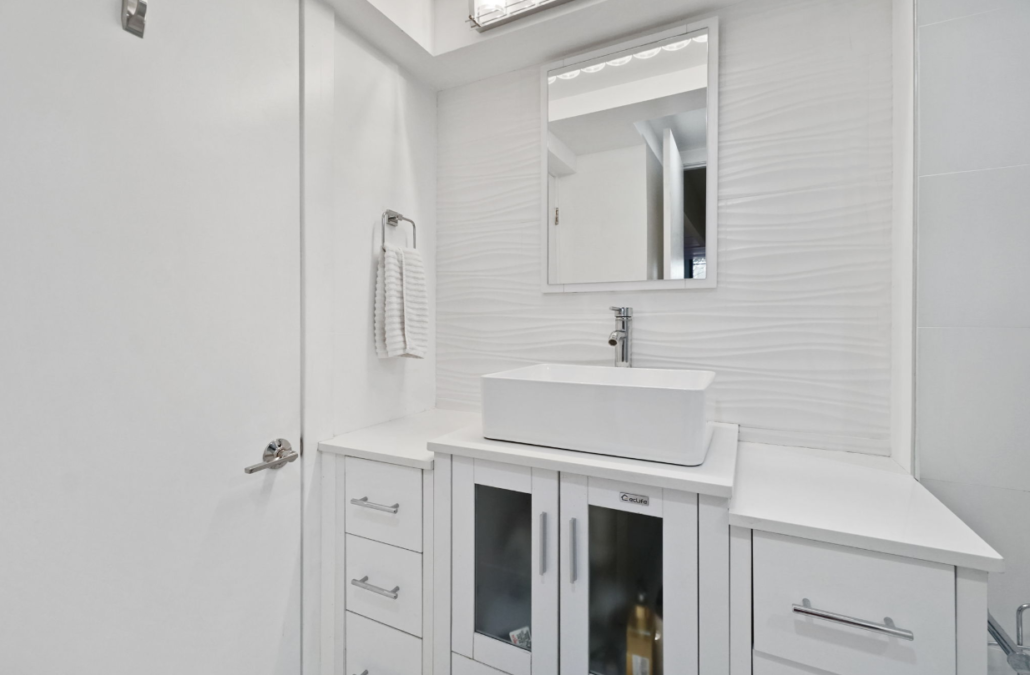A Complete Guide to Finishing Your Basement
Finishing a basement is one of the most effective ways to add valuable living space to your home. Whether you’re planning a cozy family room, a home theater, or a guest suite, proper framing, insulation, and drywall installation are essential. In this guide, we’ll break down the cost to frame, insulate, and drywall basemen areas, helping you understand where to invest and how to save—without compromising quality.
Why Finish Your Basement?
Before diving into the specifics of cost, it’s important to understand why homeowners choose to finish their basements. A finished basement increases square footage, adds functionality, and enhances property value. Moreover, it offers an ideal opportunity to incorporate basement waterproofing services, ensuring long-term durability.
Furthermore, a professionally finished drywall basemen area provides excellent thermal and acoustic insulation, making the space more comfortable year-round.
Framing: The Foundation of Your Finished Basement
Framing is the first step when converting a basement into usable living space. This process involves building the structure that will support insulation, drywall, and electrical systems.
What Influences Framing Costs?
Several factors impact the cost of framing a basement:
-
Size of the basement
-
Design complexity
-
Lumber prices
-
Labor charges
Typically, framing costs range between $7 and $16 per square foot. However, to get a more accurate estimate, always consider both material and labor costs combined.
Before closing up your framed walls with insulation and drywall, it’s crucial to consider all wiring and lighting needs. For a detailed step-by-step guide, review How to Install Lighting and Electrical Systems in Basement to ensure safe and efficient placement of outlets, switches, and lighting fixtures.
Insulating Your Basement: Comfort Meets Efficiency
Proper insulation is vital for maintaining a comfortable indoor temperature and reducing energy bills. Beyond that, it helps prevent moisture buildup, which is especially important when using basement waterproofing services to ensure lasting protection. For a deeper understanding of insulation materials and best practices, the U.S. Department of Energy offers a helpful guide on insulation.
Types of Basement Insulation
-
Fiberglass Batts – Affordable and easy to install.
-
Spray Foam – Offers superior air sealing but at a higher cost.
-
Rigid Foam Boards – Long-lasting and mold-resistant.
On average, homeowners spend between $1.50 and $3.50 per square foot for insulation, depending on the material selected. Although spray foam costs more, it significantly boosts energy efficiency and moisture control—ideal for any drywall basemen project.
Drywall Installation: Giving Your Basement a Polished Look
Once insulation is complete, the next major step is drywall installation. This transforms the framing and insulation into a clean, finished surface.
Estimating the Drywall Cost
The average cost to drywall basemen walls and ceilings ranges from $1.50 to $3.00 per square foot, including materials and labor. However, prices can vary depending on:
-
Number of rooms or divisions
-
Ceiling height
-
Electrical and plumbing work complexity
-
Need for moisture-resistant drywall
Moisture-resistant or mold-resistant drywall is often recommended for basements. While it may cost slightly more, this investment significantly increases the longevity of your basement renovation.
Cost Breakdown Example
Let’s walk through a simple cost estimation for a 1,000 sq. ft. basement, A complete basement finishing project that includes framing, insulation, and drywalling can range from $7,000 to $15,000 or more, depending on labor, materials, and custom features. If you’re also planning to add a bathroom, it’s crucial to factor in plumbing and waterproofing expenses. For detailed budgeting, check out this guide on How To Quote Basement Bathroom Install to help estimate those additional costs accurately. For more detailed and updated estimates, refer to this HomeGuide cost breakdown on finishing a basement.
Insulating the Basement
Proper insulation not only regulates temperature but also cuts down energy bills. On average, insulation costs range between $1 to $2 per square foot depending on the material—fiberglass, foam board, or spray foam.
To make your space more efficient long-term, consider these Energy-Efficient Upgrades: Simple Changes to Lower Your Utility Bills that complement your basement renovation and reduce future operating costs.
| Component | Cost per sq. ft. | Total Estimate |
|---|---|---|
| Framing | $10 | $10,000 |
| Insulation | $2.50 | $2,500 |
| Drywall | $2.00 | $2,000 |
| Total | — | $14,500 |
Please note that additional expenses such as permits, electrical work, HVAC, and basement waterproofing services could add up to $5,000 to the total cost. Always consider electrical wiring and plumbing placement before finalizing the frame. This avoids the need to cut through studs later. For a full walkthrough, check out How to Install Lighting and Electrical Systems in Basement to ensure proper setup of outlets, switches, and lighting. A professional can help run wiring through the studs safely and in compliance with local code.
Hiring Professionals vs. DIY
Some homeowners consider doing it themselves to save money. While DIY can reduce labor costs, it’s essential to assess your skill level. Improper installation can result in structural issues, poor insulation, or water damage—especially without proper basement waterproofing.
When to Hire Experts
-
If your basement has existing moisture issues
-
When handling complex framing layouts
-
For drywall finishing that requires smooth, paint-ready surfaces
-
When electrical or plumbing systems need to be integrated
Professional contractors not only handle installation efficiently but also offer warranties and inspections to ensure your drywall basemen project is up to code.
Additional Considerations
Although framing, insulating, and drywalling are core tasks, you must also consider:
1. Waterproofing
Ignoring this can lead to mold growth and material damage. Hence, hiring basement waterproofing services in NJ before any finishing is strongly advised. For expert tips and proven methods, This Old House provides a comprehensive guide on how to waterproof a basement.
2. Soundproofing
Use soundproof insulation to minimize noise between floors. This is especially useful if your basement will be used as a media room.
3. Ceiling Finishes
Drop ceilings, drywall ceilings, or exposed beams all have different costs and aesthetic impacts. Drywall remains a popular choice for clean, modern looks.
4. Permits
Most municipalities require permits for structural work. Permit costs can range between $500 to $1,500, depending on your location and project scope.
Ways to Save on Costs
Fortunately, there are strategic ways to save without compromising the quality of your drywall basemen project.
-
Buy materials in bulk to reduce unit prices.
-
Use standard room sizes to reduce custom framing costs.
-
Complete work in phases to spread expenses over time.
-
Get multiple quotes to compare contractor pricing.
Also, inquire if your chosen basement waterproofing services provider offers bundled packages with framing or drywall installation.
Common Mistakes to Avoid
While planning your basement finishing, watch out for these frequent errors:
-
Skipping waterproofing before drywalling
-
Improper spacing during framing
-
Inadequate insulation for energy efficiency
-
Using standard drywall in moisture-prone areas
-
Hiring unlicensed contractors
Avoiding these mistakes ensures that your finished drywall basemen stays beautiful and functional for years to come.
Conclusion: Is It Worth the Investment?
Absolutely. Finishing your basement not only adds livable space but also significantly boosts property value. Whether you hire professionals or manage parts of the process yourself, understanding each component—framing, insulation, and drywalling—ensures success.
With the right materials, planning, and services like basement waterproofing, your investment can deliver long-term comfort and security. Furthermore, distributing your project over multiple stages can help manage costs without sacrificing quality.
So, if you’re ready to turn your cold, empty basement into a warm, functional living area, begin by understanding the cost to frame, insulate, and drywall basemen. From there, you’ll be well on your way to creating a space your family will enjoy for years.
👉 Book a Basement Finishing Consultation to get expert guidance, a custom cost estimate, and explore design options tailored to your space and budget.

